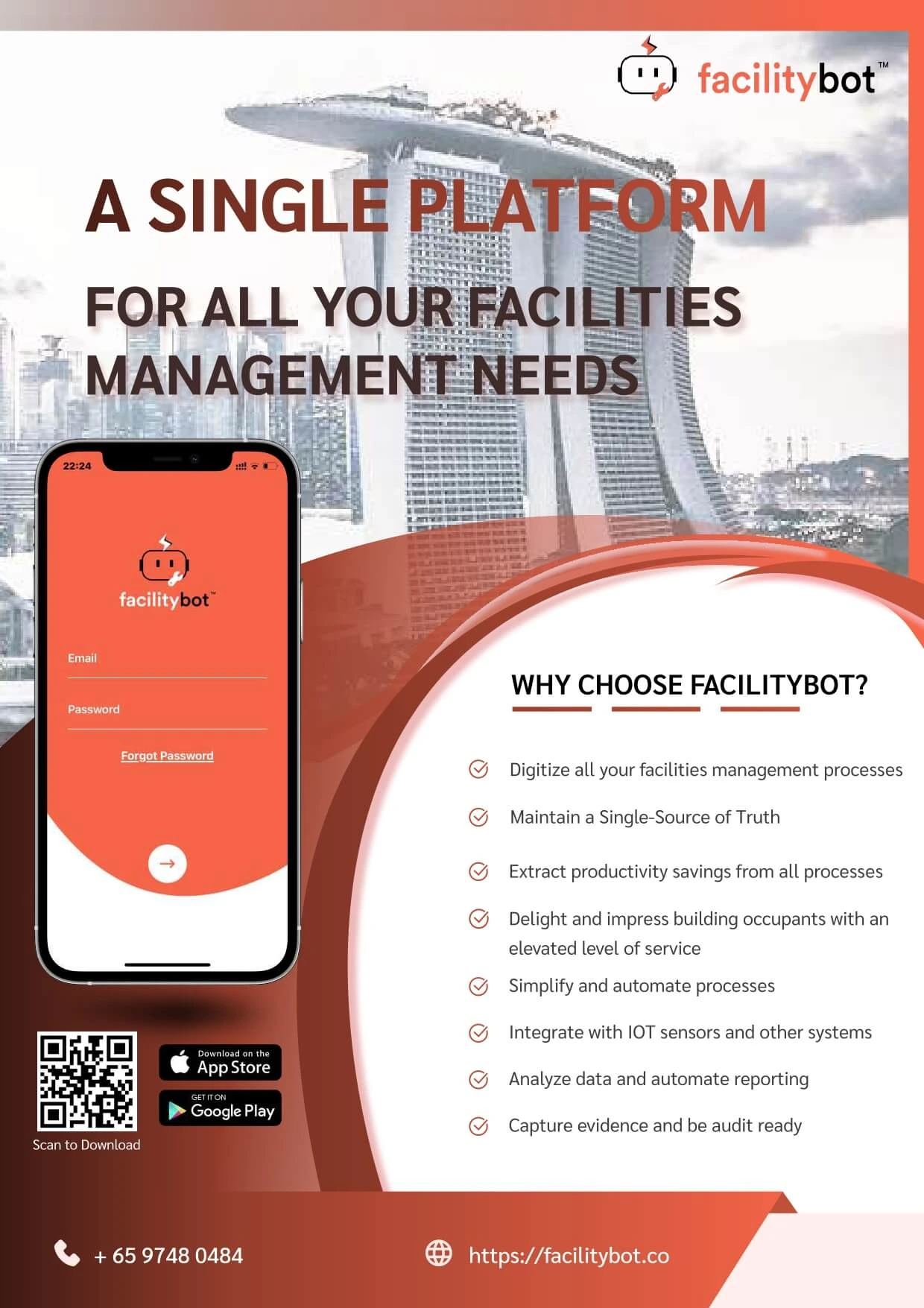Facilities management professionals are on the frontlines of ensuring safety, sanitization, security and cleanliness as businesses re-open. Even as lockdown and social distancing measures are lifted, facilities management professionals should not expect things to go “back to normal”. Instead, they should prepare themselves to face the “new normal”. What are the characteristics of the new normal and how should FM professionals prepare? In this article, we discuss how Digital Transformation and adoption of Smart FM technologies must be a key part of the strategy to prepare for the new normal.
Evidence-Based Processes
As building users return to work, they will want to be assured that adequate measures have been taken to ensure their safety, including cleaning activities and social distancing. Building user demand will translate to management and audit demand for evidence, such as photos and videos stored in an easily retrievable digital system. Evidence should also be displayed in an easily understood format for management and building users. This immediately implies not only the implementation of a Smart FM system, but one that has powerful data analytics and dashboarding capabilities such as FacilityBot.
More Focus on Building Users
COVID-19 has put the focus of Facilities Management squarely back onto building users. To understand building users` concerns, quickly respond to requests and also broadcast safety advisories, effective communication with building users is now more important than ever before.
Digital modes of communication are clearly preferable in terms of speed and reach compared to manual means such as signs, letters or voice calls. This is why we built FacilityBot to support multiple messaging channels. In the messaging-first world we are now used to, building users prefer to communicate with building management through their preferred messaging platform.
Remote Work Coordination
Minimization of physical contact necessary for workflow coordination will not only be encouraged for FM employees` welfare, such workflows are also naturally more efficient.
To support this, a convenient mobile mode of work coordination is required. Many FM professionals on the ground already try to do this via group chats on their favorite messaging platforms, such as WhatsApp. But informal group chats quickly become cluttered, difficult to track and not properly captured in any centralized system. FacilityBot solves these issues by supporting multiple messaging channels natively, enabling seamless and remote digital work coordination.
Digital Transformation and Smart Facilities Management
So far, it is clear that FM firms should accelerate their digital transformation efforts to prepare for the COVID-19 induced new normal. But more than just implementing a single Smart FM system like FacilityBot, FM firms should consider how different systems in their building can be integrated with one another, to enable automated workflows and allow richer data sets to be available.
For example, a people counting camera system can be integrated with an FM workflow management system such as FacilityBot to alert building management whenever there is overcrowding in the building.
To achieve integrated outcomes, FM firms should invest in open digital systems with easily accessible APIs. In the FM industry, there are too many legacy systems which do not have APIs for integration or put barriers to integration through pay-walls, lengthy integration processes or invalidation of warranties. In the new normal, FM firms should be conscious of and avoid closed systems.
Ground Training and Acceptance
Successful implementation of digital transformation and Smart FM systems require users to accept such systems and utilize them in their daily work. Fortunately, most of us are already familiar with messaging, utilizing mobile apps and web-based admin portals, so the need for training is greatly reduced, particularly for intuitive systems such as FacilityBot.
Nonetheless, where pockets of FM professionals and ground staff are still resistant to usage of digital systems, more encouragement and digital skills training may be needed. At the management level, more in-depth knowledge of digital transformation, systems integration and data analytics would be helpful.




